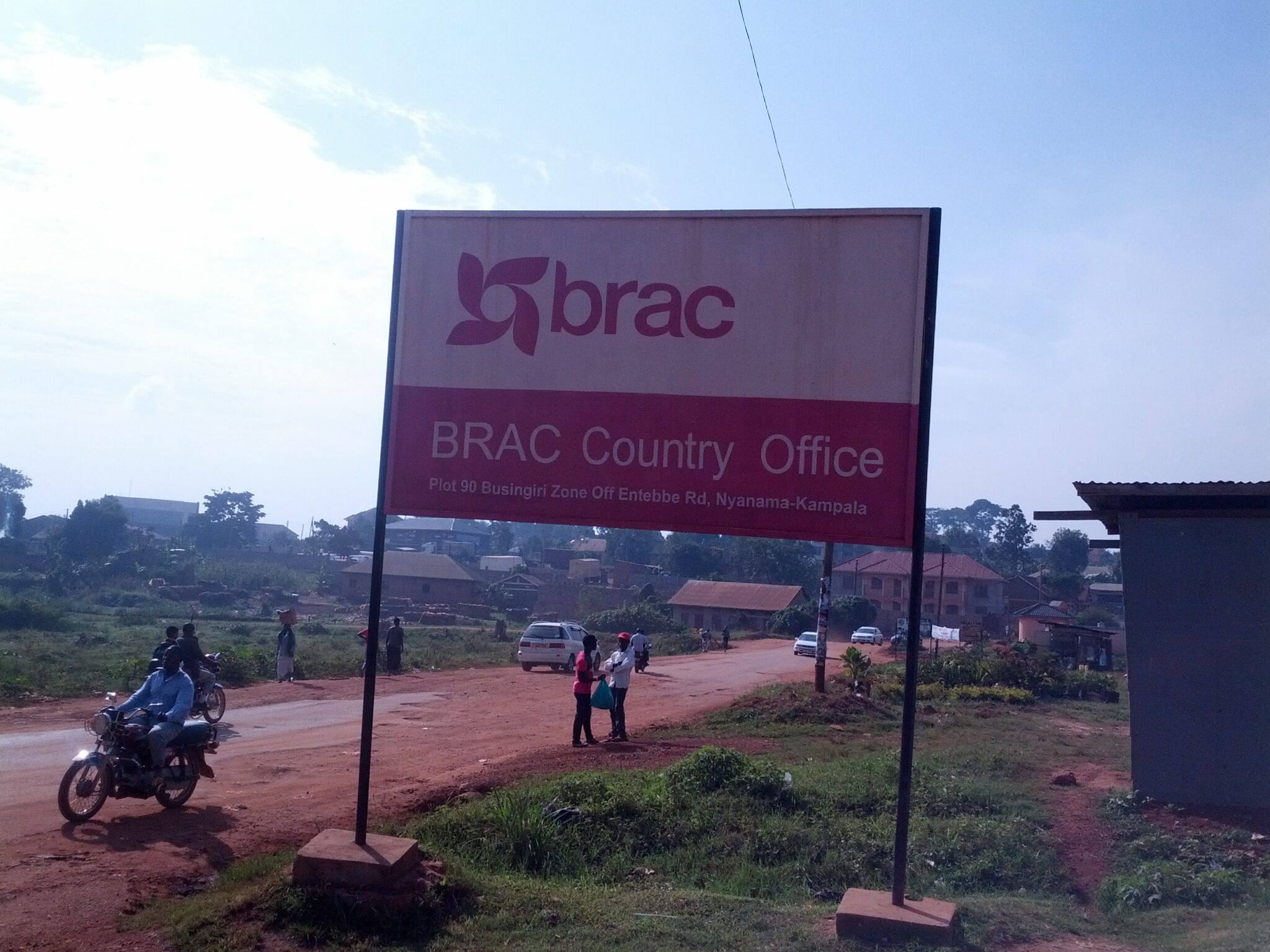Do financial incentives change beliefs? A field experiment in Uganda

BRAC Uganda | Credit: Baysan, F Wilkes
Study Context
Malnutrition is believed to be responsible for 45 percent of deaths among children under five, making it the leading cause of child mortality globally. Micronutrient powder (MNP) has been shown to be an effective method of combating malnutrition. However, like other healthcare products, there is often low demand for MNP in low- and middle-income countries (LMICs). Demand may be particularly low for MNP because its immediate effects are not always apparent through casual observation. Financial incentives, which are often used to stimulate demand for health products, could serve an informational role by signaling the importance of the product, causing people to value the product more.
Study Design
BRAC and the Ministry of Health in Uganda are working together to encourage the use of MNP to reduce malnutrition by mobilizing community health practitioners to sell the powder door-to-door. This project is evaluating whether financial incentives provide information that affects households’ willingness-to-pay for MNP by randomly assigning some households to learn about financial incentives, without actually receiving them. Households are randomized to: 1) High signal condition (information that some individuals will be paid to use MNP); 2) Low signal condition (information that some individuals will receive discounted MNP); and 3) Comparison group (no information about financial incentive for MNP). The main outcome for the study is the relative willingness-to-pay of participants in the different groups. The results are hoped to inform the broad design of health incentives and subsidies, as well as other settings such as education subsidies and conditional cash transfers.
Results and Policy Lessons
Results forthcoming.





